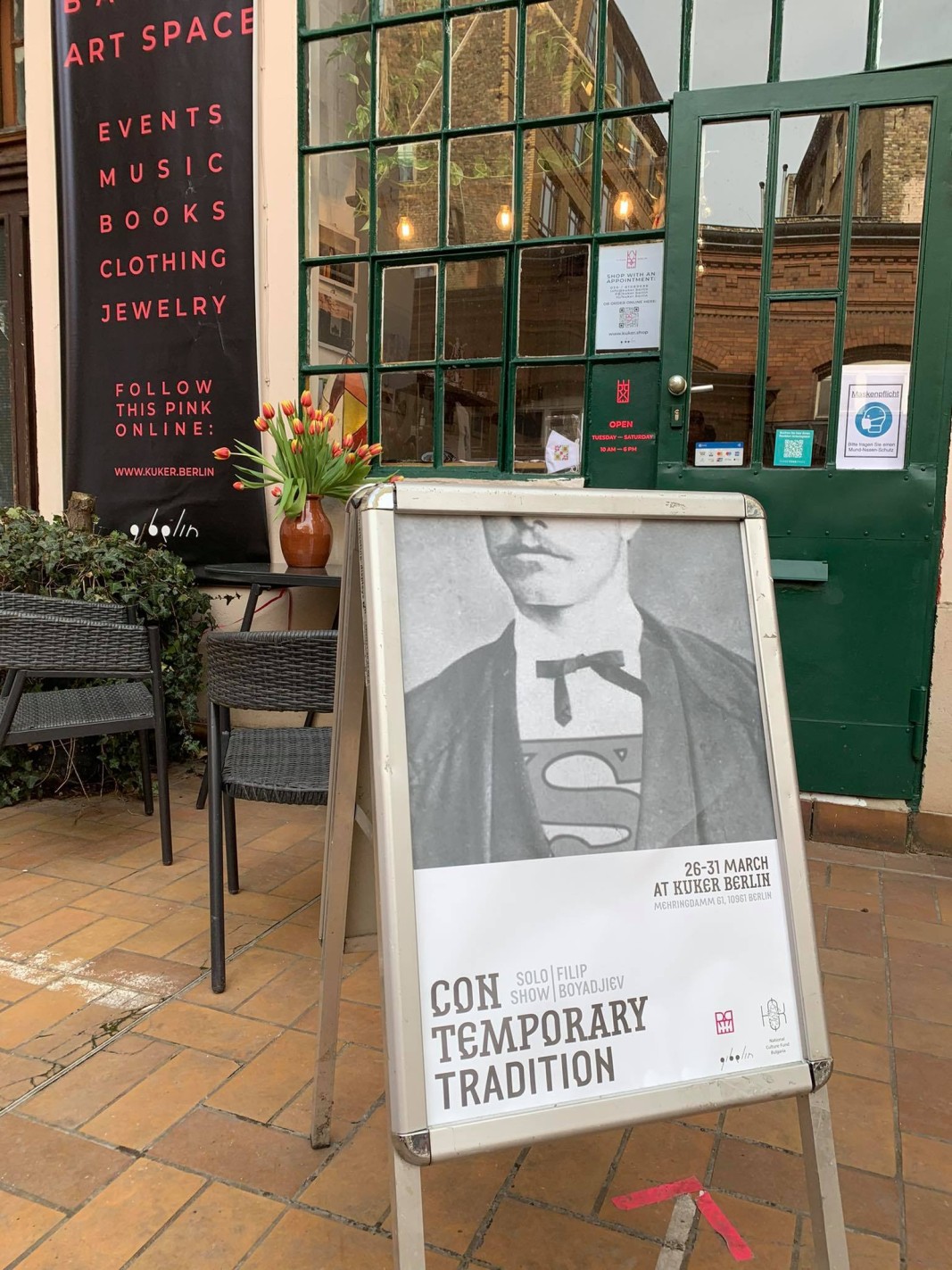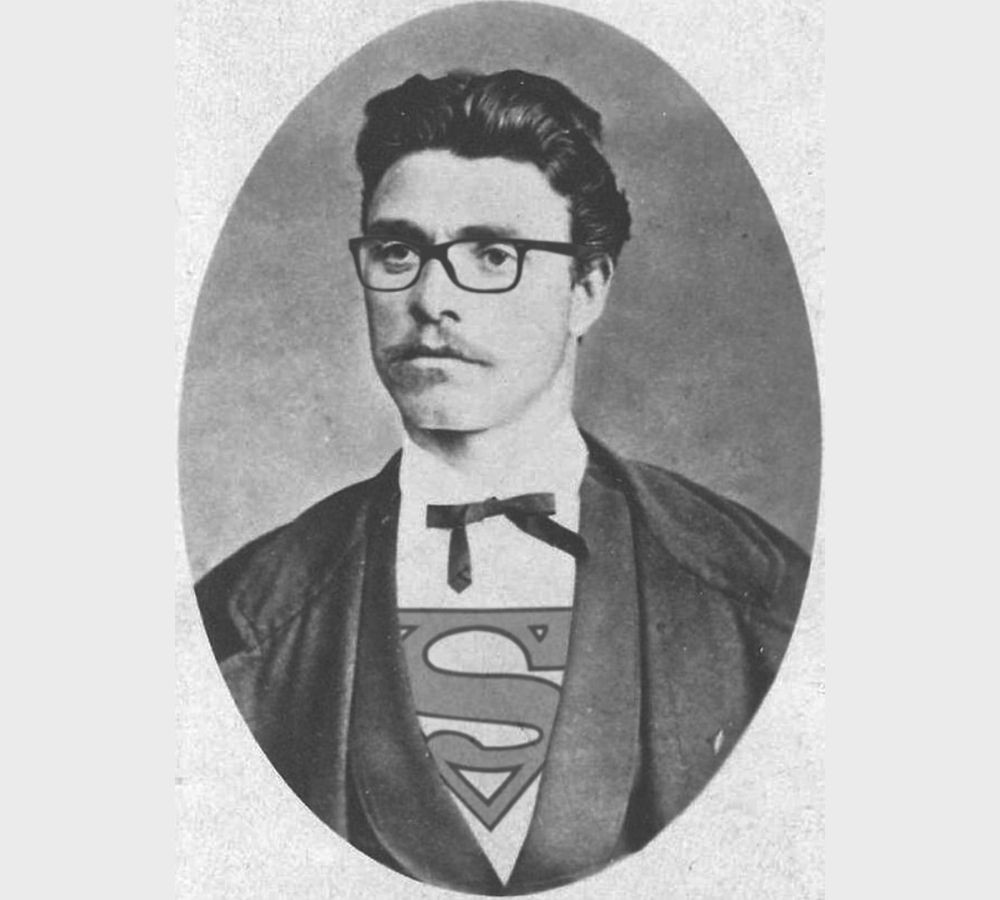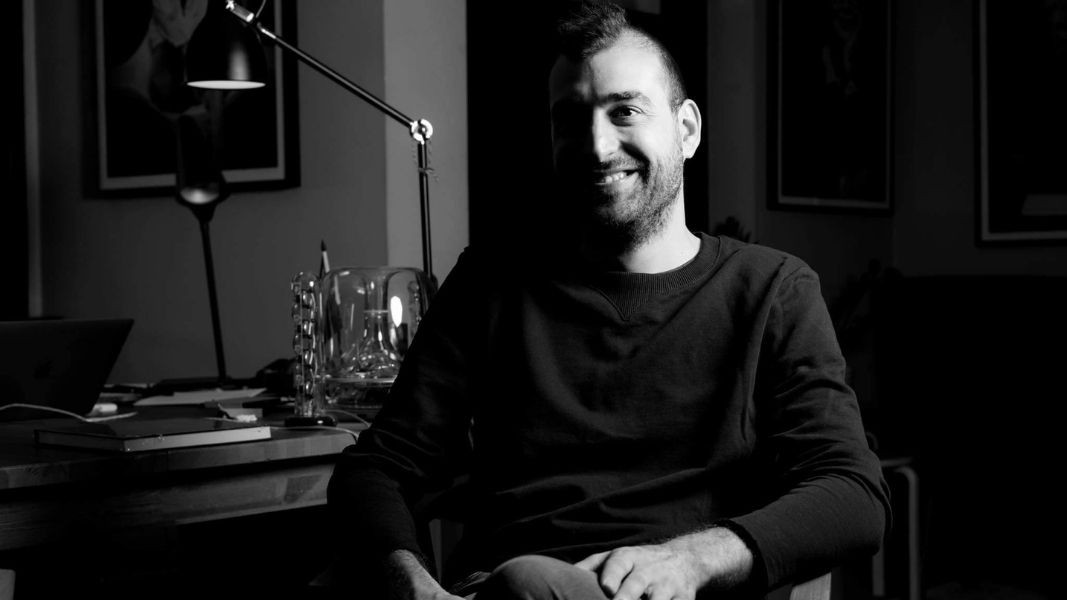"conTEMPORARY TRADITION" – this is how Bulgarian designer Filip Boyadzhiev has called his exhibition. It will be presented to the public in the German capital Berlin from March 26 to 31.
The exhibition focuses on the images of the Bulgarian national heroes and the symbols connected with Bulgarian national traditions and self-consciousness. Leading is Philip's desire to make the audience rethink the context in which the terms such as "native," "national," "patriotic" are used. According to him, the everyday life we live in has long since changed both the situations and the contexts in which we use these concepts. And if the right moment and message that one would like to convey through them is not selected, they risk being misunderstood. Words can even provoke ridicule or boredom, which we should not allow.

The silent glances of the Bulgarian revolutionaries Hristo Botev, Vasil Levski and Georgi Rakovski, watching the audience from the walls in one of the cozy centres of Bulgarian culture in the German capital – "Kuker Berlin", will probably raise a number of questions, including what people really know about their struggle and values:
“Different layers of society probably perceive it differently," said Filip Boyadzhiev in an interview with Radio Bulgaria. “I can say that one of the reasons for making the exhibition was my inner feeling that these characters are starting to "lose the ground under their feet". Due to the oversaturation with their images, they become more of an object of pop culture.”
The reason for this devaluation which is far from being only a Bulgarian phenomenon is the desire to seek meaning in their deeds and beliefs in order to make sense of our present through our past.

"In their time, Bulgarian heroes were fighting for our freedom, and today it is a given. There is no way to look at and translate their actions directly into our time, following them blindly”, the designer believes. “For me, the past is a springboard, a solid foundation that we must remember."
Philip sees the future of his exhibition as a travelling show aimed primarily at Bulgarian audiences. However, he did not hesitate to accept the invitation of the German host – the Bulgarian Dilyana Velichkova, as he defines this as a great experiment with the perceptions of the audience. For now, he is convinced that it would be difficult for a foreigner to understand his message, but he admits that he is eager to have his opinion refuted.
But who exactly is Filip Boyadzhiev?

Although young, he is already among the established names in the artistic circles in Bulgaria. He quickly managed to find his way into the vast universe of design and dedicated himself to building the advertising and visual identity of the product. He defines his style as minimalist, but always consistent with what would be most appropriate for the project. We have already told you about one of his projects – rethinking the purpose and spirit of Sofia’s Malko Tarnovo Street in a publication on Radio Bulgaria. The pandemic thwarted the intentions for its realization in its entirety, for which a lot of funds are also needed. However, this does not mean that the work has been terminated. On the contrary – a special website is currently being created, revealing details of the history of one of the shortest but most emblematic streets of Sofia.
English version Rositsa Petkova
Photos: private library
The "Kabiyuk" horse breeding farm in the village of Konyovets is the oldest stud farm in Bulgaria, founded in 1864 by Midhat Pasha, the governor of the vilayet of Ruse, to produce horses for the Turkish army. The farm existed until the Russo-Turkish War..
There is no exact statistic on the number of Bulgarians living abroad, but a report from the Ministry of Foreign Affairs from last year indicates that around 2.8 million Bulgarians are living outside the country . According to the 2021 population census..
The nature protection organization WWF - Bulgaria is launching a campaign entitled "Subscribe to Nature". The disappearance of wild animals is a series in which we play the main role. In less than one human lifetime, 73% of vertebrates in..
According to the Annual Report on the Health Status of Bulgarian Citizens for 2023, t he main cause of death in Bulgaria is diseases of the..
At the Bulgarian Embassy in London, Prof. Bettany Hughes presented excerpts from the new BBC series - Wonders of Bulgaria. Prof. Bettany..
Over 3.5 million Ukrainians have arrived in or passed through Bulgaria since the beginning of the war. Nearly 200,000 people have found temporary..

+359 2 9336 661
